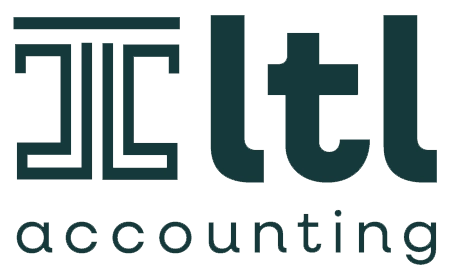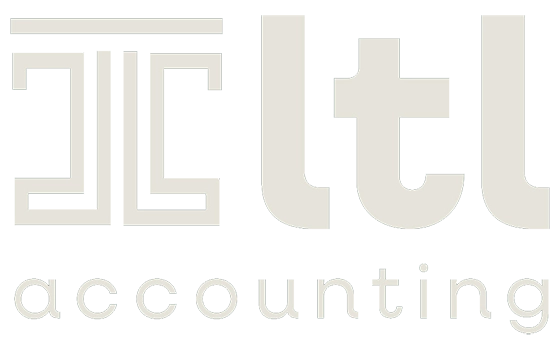
Did you know that in the UK, anyone can call themselves an “accountant”?
There is no legal protection over the term, which means someone can offer accounting services without any formal qualifications, regulation, or oversight.
That is why it is so important to check the credentials of the person or firm handling your finances.
At LTL Accounting, we are proud to be a firm of Chartered Accountants, fully regulated by the Institute of Chartered Accountants in England and Wales (ICAEW) — one of the most respected professional bodies in the industry.
This means we adhere to strict ethical, professional, and technical standards, so you can have full confidence that your financial affairs are in safe, qualified hands.
If you have ever wondered what the different accountancy designations mean — ACA, ACCA, AAT — here is a straightforward guide to what they are and how they fit into the world of professional accountancy.
ACA / FCA (Institute of Chartered Accountants in England and Wales)
ACA stands for Associate Chartered Accountant, a highly respected designation awarded by ICAEW. It is the hallmark qualification for accountants working in practice and is particularly recognised for its rigour and prestige. Those who go on to gain significant post-qualification experience and demonstrate leadership in the profession may become Fellows (FCA). ACA-qualified accountants are often found in senior roles across audit, tax, and advisory services, and the designation is closely associated with the highest standards of integrity and expertise. Many partners in accountancy firms — including our own — hold ACA or FCA status.
ACCA / FCCA (Association of Chartered Certified Accountants)
ACCA is another globally respected qualification and is known for its breadth and international relevance. It prepares accountants for a wide range of roles, from financial reporting to management and consultancy. ACCA members who gain extensive experience can become Fellows (FCCA), marking over five years of post-qualification achievement. ACCA professionals are commonly found in both practice and industry, and the qualification is especially valued for its global perspective and strong ethical foundation.
AAT / MAAT (Association of Accounting Technicians)
AAT is often the starting point for those entering the profession. It is a practical, hands-on qualification that develops strong core skills in bookkeeping, VAT, payroll, and the preparation of accounts. Once qualified, individuals can apply for MAAT status — full professional membership — which recognises their experience and commitment to professional standards. Many MAATs work in accountancy firms supporting client work or running their own small practices. It is also a common foundation before progressing to higher qualifications like ACA or ACCA.
In short, ACA and ACCA represent full chartered status, with the ACA particularly associated with traditional accountancy practice in the UK, while AAT and MAAT provide an essential foundation in the profession.


